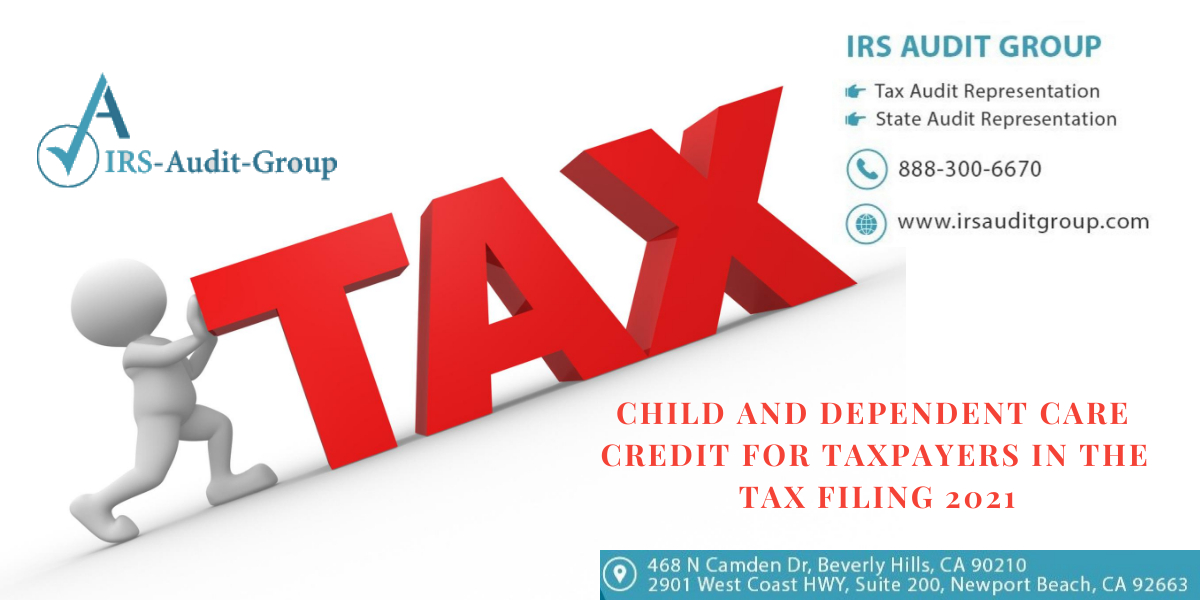The ‘child and dependent care” in the tax system are applicable if the taxpayer paid expenses for the qualifying dependents during a financial year. The eligibility criteria are listed separately. This tax credit can be claimed in tax filing by taxpayers under the applicable situations.
If the taxpayer is a parent or caretaker of a disabled dependent or spouse, they can save the expenses while claiming in this tax filing 2021. For the tax year 2021, the credit is fully refundable. This means that an eligible family can get it, even if they owe no federal income tax.
Eligibility of Child and Dependent Care Credit
- Taxpayer’s dependent who is under age 13 when the care is provided,
- The spouse who is physically or mentally incapable of self-care and lived with the taxpayer for more than half the year, or
- A person who is physically or mentally incapable of self-care, lived with the taxpayer for more than half the year and either:
-
- is your dependent; or
- Could have been your dependent except that
- he or she is over the gross income limit of $4300
- or files a joint return,
- or you (or your spouse, if filing jointly) could have been claimed on another taxpayer’s return.
Qualifying Claim Amount of Claim and Child and Dependent Care Credit
For 2021, taxpayers can claim the credit for up to $8,000 of expenses for one qualifying person or $16,000 for two or more people. The percentage of expenses you can claim ranges from 0% to 50%, depending on your adjusted gross income (AGI). You can claim the maximum percentage (50%) of expenses if your AGI is $125,000 or less. So, for example, if your AGI is $75,000 and you had $8,000 of expenses for one qualifying person, the tax credit would be worth $4,000 (50% of $8,000). The tax credit starts to phase out if your AGI is above $125,000 and disappears entirely at AGIs above $438,000. For more details, refer to IRS official website below
How to Claim Child and Dependent Care Credit
To claim the credit, taxpayers must fill out Form 2441 and include it with the federal tax return. Further, a valid taxpayer identification number (TIN) for each qualifying person, as well as the names, addresses, and TINs for the people and organizations that provided care for your child, spouse, or dependent must also be included.
According to the IRS, since the advance child tax credit payments cannot be counted as income, federal, state, or local agencies can’t use the amount when determining if you or your family are eligible for other benefits or assistance.
Advance Child Tax Credit payments
Advance Child Tax Credit payments provide an option to claim the credits early from the estimated amount of the Child Tax Credit. Taxpayers can claim up to 50% of the estimated credit that you may properly claim on your 2021 tax return during the 2022 tax filing season.
Going through different forms and documents is always a hassle for taxpayers especially when the deadlines are nearing. IRS Audit Group in Los Angeles facilitates your tax filing through its certified IRS attorneys. Get a free consultation with one of our staff members to help us understand your needs. Call us on 1- -888-300-6670 or email us at [email protected].



